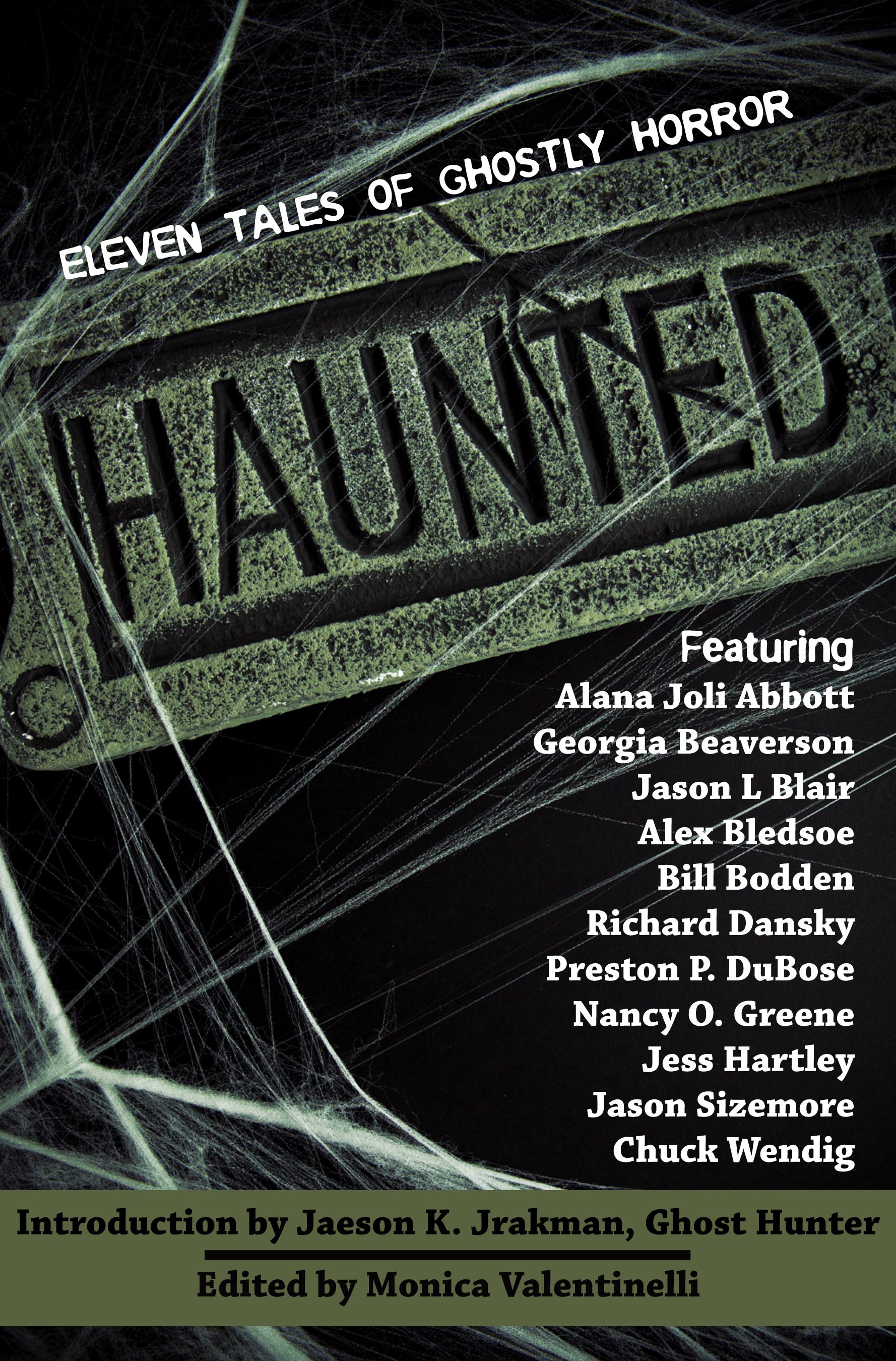This came across my Twitter feed from @muskrat_john the other day and, quite frankly, it bears repeating. Over and over and over again.
In his article, Lachlan writes about the need for writers to accept criticism by letting go of their work. What he’s talking about, here, is very specific. I’m going to quote two passages that stood out to me. The first is:
Writers need the ability let go of their work. It’s only pixels. I’ve had to throw away the work I loved the most out of anything I’ve ever written. I thought it was great. Publishers were very kind about it but didn’t think it was commercial. Oh well, next project. — SOURCE: It’s Only Pixels by M.D. Lachlan
I can’t tell you how important the last two words “next project” are. This? This sort of thing happens all the time. Projects stop and start. Projects lose funding. Projects get tabled in favor of something else that’s new. When you stop writing and working on the next project, your chances of getting paid or garnering acclaim for something else rapidly diminishes.
Then I really thought Lachlan nailed it when he said:
I try to view (my writing) objectively and dispassionately. It’s hard to do but, if you can get the knack of it, it will make you a better writer.
Nowhere in this post does Lachlan say that you can’t love what you write. Everywhere in this post, however, does underline the need to view your writing as work. You can still love it, but the key to downplaying criticism is to understand that’s all it is. It’s not you an editor is saying things about, it’s pixels.
Hop on over and give It’s Only Pixels, written by M.D. Lachlan (author of WOLFSANGEL), a read.

 I am thrilled to announce that a ghost hunting themed anthology entitled HAUNTED: 11 Tales of Ghostly Horror will be debuting this week on DriveThruHorror.com and DriveThruRPG.com. Matt M McElroy, the publisher and editor-in-chief of
I am thrilled to announce that a ghost hunting themed anthology entitled HAUNTED: 11 Tales of Ghostly Horror will be debuting this week on DriveThruHorror.com and DriveThruRPG.com. Matt M McElroy, the publisher and editor-in-chief of 